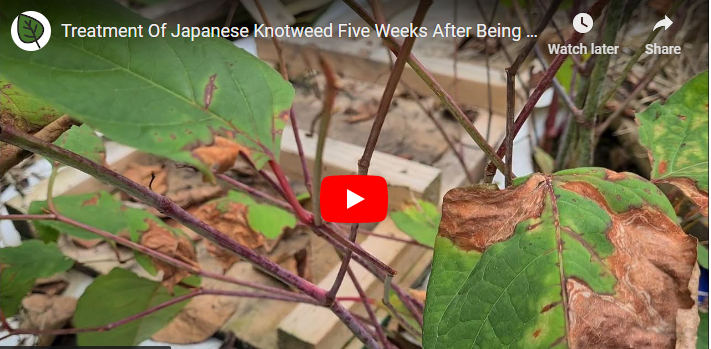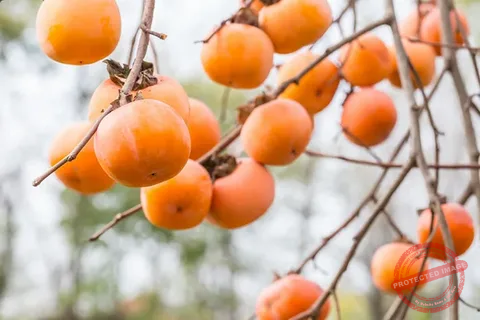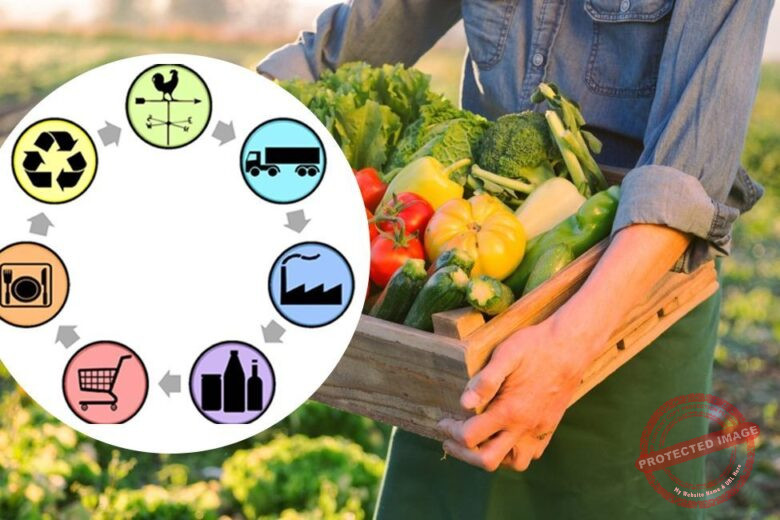Tomatoes, renowned for their juicy and flavorful nature, are a staple in countless dishes. Whether you’re an avid gardener or a beginner, achieving bountiful tomato harvests requires more than just planting the seeds. Proper nourishment is vital for the health and productivity of tomato plants, making the choice of fertilizer a crucial decision.
In this article, we delve into the world of tomato fertilizers, exploring the 15 best options available—both organic and inorganic. Get ready to unlock the secrets to growing luscious tomatoes that will leave your taste buds craving for more!
15 Best Fertilizers for Tomatoes Organic & Inorganic:
1. Fish Emulsion Fertilizer: A fishy treat for your tomatoes
2. Compost: Nature’s black gold for vibrant tomato growth
3. Manure: Traditional yet effective fertilizer for tomatoes
Read Also: 15 Best Fertilizers for Tobacco [Organic & Inorganic]
4. Blood Meal: A nutrient-rich powder for robust tomato plants
5. Bone Meal: Strengthening the foundation of your tomato plants
6. Seaweed Extract: An oceanic elixir for tomato vitality
Read Also: Fertilizer Schedule for Tomatoes: Maximizing Your Tomato Harvest
7. Epsom Salt: A mineral boost for healthy tomato foliage
8. Cottonseed Meal: A slow-release nitrogen source for sustained tomato growth
9. Coffee Grounds: Energizing your tomato plants with caffeine
10. Worm Castings: Nature’s wonder food for tomatoes
Read Also: Fertilizer Schedule for Lawns: A Comprehensive Guide to Achieving a Lush, Green Yard
11. Banana Peels: A fruity surprise for your tomato garden
12. Granular Tomato Fertilizer: Convenient and tailored for tomato needs
13. Liquid Tomato Fertilizer: Quick-absorbing nourishment for instant results
Read Also: Fertilizer Schedule for Sugarcane: Maximizing Yield with Proper Nutrient Management
14. Organic Tomato Fertilizer Spikes: Effortless and long-lasting nutrition
15. Water-Soluble Tomato Fertilizer: A liquid feast for your tomato plants
How often should I fertilize my tomato plants?
Tomato plants should be fertilized every two to three weeks for optimal growth and yield.
Should I use organic or inorganic fertilizer for tomatoes? A: The choice between organic and inorganic fertilizer depends on personal preferences and gardening practices. Organic fertilizers are derived from natural sources, while inorganic fertilizers are synthetically produced.
Read Also: Fertilizer Schedule for Apple Trees: Optimal Nutrition for Bountiful Harvests
Can I make my own tomato fertilizer at home?
Yes, you can create your own organic tomato fertilizer using kitchen scraps, compost, and other natural ingredients.
What nutrients are important for tomato plants?
Tomatoes require a balanced supply of macronutrients like nitrogen, phosphorus, and potassium, as well as various micronutrients for healthy growth.
Read Also: 15 Best Fertilizers for Okra Farms [Organic & Inorganic]
How can I prevent over-fertilization of my tomato plants?
To avoid over-fertilization, follow the instructions provided by the fertilizer manufacturer and apply the recommended amount. Excessive fertilization can lead to nutrient imbalances and potential plant damage.
Read Also: 12 Liquid Fertilizers for Maize: Boost Your Crop’s Growth!
Can I use the same fertilizer for both potted and garden tomatoes?
Yes, you can use the same fertilizer for both potted and garden tomatoes. However, potted plants may require more frequent fertilization due to the limited soil volume.
Read Also: 15 Best Fertilizer for Sweet Potatoes Farm [Organic & Inorganic]
Read Also: 15 Best Fertilizers for Watermelon: Organic & Inorganic
Conclusion:
Growing luscious tomatoes requires more than just a green thumb. It demands the right nourishment, and choosing the best fertilizer for your plants is a crucial decision. In this article, we explored the 15 best fertilizer options for tomatoes, both organic and inorganic, to help you enhance the growth and yield of your tomato plants.
From fish emulsion to compost, bone meal to worm castings, each fertilizer offers unique benefits to nourish your tomatoes and boost their productivity. Remember to consider factors such as nutrient content, application method, and your personal gardening preferences when selecting a fertilizer. By providing your tomatoes with the nutrients they need, you’ll be rewarded with bountiful harvests of juicy and flavorful tomatoes.
So, get ready to take your tomato-growing journey to new heights and savor the satisfaction of plucking vine-ripened tomatoes straight from your own garden. With the right fertilizer in hand, your tomato plants will thrive and bear the fruits of your labor. Happy gardening!



![How To Buy Farmland For Investment [Farmer’s Guide]](https://agrolearner.com/wp-content/uploads/2024/01/Farmland.jpg)